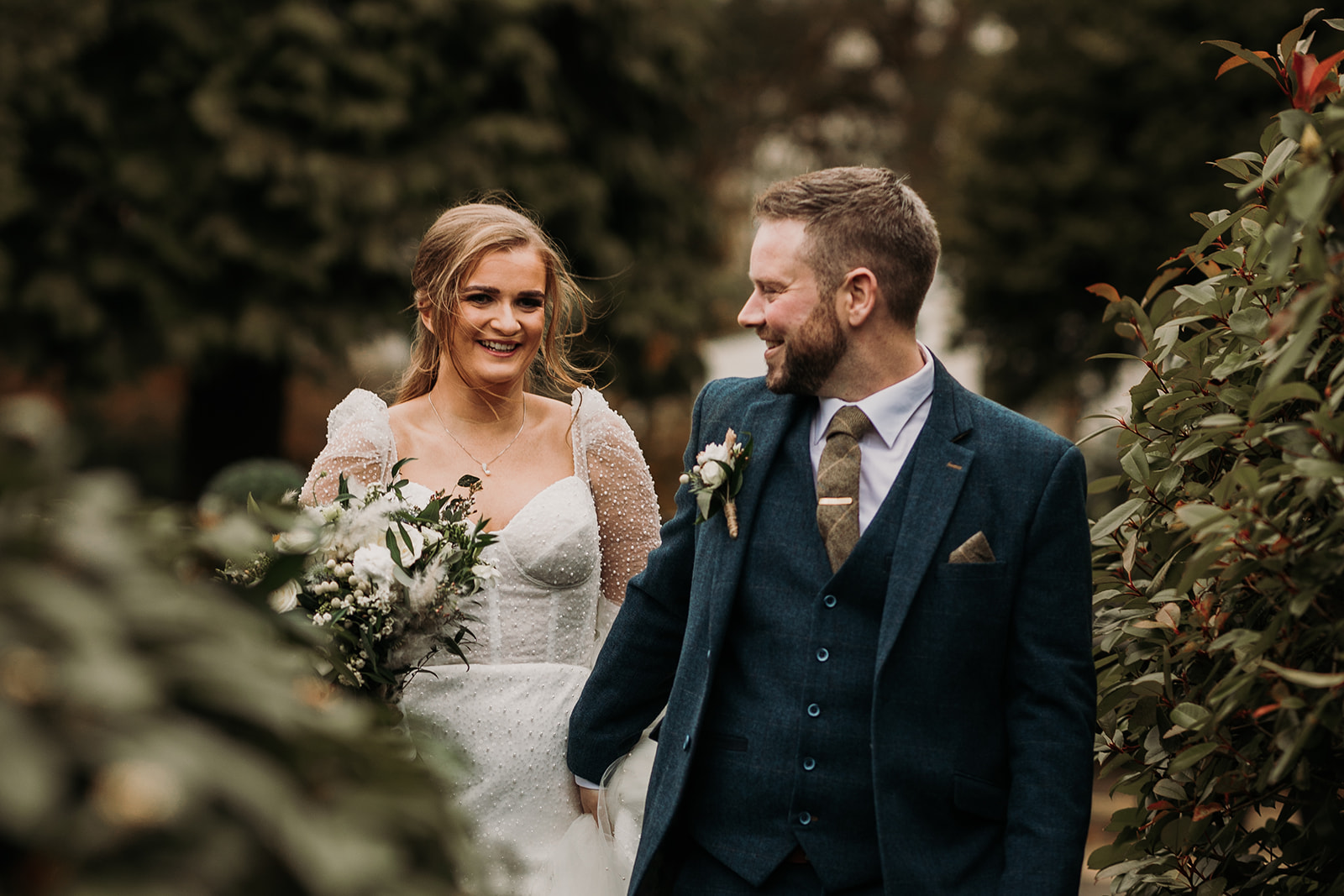Planning a wedding is an exciting journey filled with visions of beautiful dresses, stunning venues, and unforgettable moments. But amidst all the romance and daydreaming lies one of the most critical aspects of the planning process—your budget. If you’re considering tying the knot in the picturesque setting of Ireland, especially in places like Dublin, where elegance meets rich tradition, then budgeting becomes even more essential.
A well-structured budget doesn’t mean limiting your vision; it means making smart choices that allow you to bring your dream to life without financial stress. To help you plan with confidence, here are 7 key budgeting questions every bride should ask when organizing an Irish wedding.
1. What Is Our Overall Wedding Budget?
This might seem obvious, but it’s where every successful wedding plan begins. Sit down with your partner (and any family members contributing) to define a clear, realistic budget. Consider how much you can afford without relying heavily on credit or loans. Once you’ve set a number, stick to it.
In Ireland, weddings can range widely in cost depending on the size, location, and style. On average, couples spend between €20,000 and €35,000 for a full wedding celebration. Knowing your financial boundaries from the start will help you make informed decisions throughout the planning process.
2. What Are Our Non-Negotiables?
Every couple has a few “must-haves”—things they can’t imagine their wedding day without. For some, it might be a stunning castle venue or a professional photographer. For others, it could be a live band or a designer gown.
Identify your top three priorities and allocate a higher portion of your budget to those areas. By focusing on what matters most, you can cut back on less essential items without feeling like you’re sacrificing your dream.
For example, if you’re set on a countryside manor outside Dublin, you might opt for simpler floral arrangements or a DJ instead of a band to keep things balanced.
3. Have I Considered All Hidden Costs?
This is one area where many brides go over budget. Hidden or overlooked expenses can quickly add up and derail your plans. When budgeting, make sure you account for:
- Service charges and VAT (Value Added Tax): Often not included in quoted prices.
- Gratuities for vendors like catering staff or musicians.
- Marriage license and registration fees in Ireland.
- Corkage fees if bringing your own alcohol.
- Overtime costs if your event runs longer than expected.
- Transportation and accommodation for guests or bridal party.
Always read vendor contracts thoroughly and ask what’s included (and what’s not).
4. Should We Consider Off-Peak or Midweek Dates?
Ireland is a popular wedding destination, particularly during the spring and summer months. However, choosing an off-peak season (November to February) or a weekday can significantly reduce your venue and vendor costs.
Venues in Dublin and surrounding areas may offer discounted rates for winter weddings or non-Saturday events. And thanks to Ireland’s romantic weather, even a misty or rainy day can be charming—especially when you’re indoors in a cozy castle or historic manor house.
Booking outside the high-demand calendar also increases your chances of securing your top-choice venue and suppliers.
5. Can We Combine Ceremony and Reception in One Location?
Transportation is a hidden cost that’s easy to forget. By holding both your ceremony and reception at the same location, you can save on travel expenses, guest logistics, and even vendor setup charges.
Many venues in Co. Dublin offer comprehensive wedding packages, including ceremony spaces, reception halls, catering, and overnight accommodations. This one-stop-shop approach not only helps your budget but also makes planning easier and reduces stress on the big day.
6. Are We Covering Guest Travel and Lodging?
If you’re planning a destination wedding in Ireland with guests coming from abroad, consider your responsibilities around their travel and accommodation. While you’re not expected to pay for everyone, it’s thoughtful to secure group rates or suggest budget-friendly lodging nearby.
Include information on local hotels, transportation options, and the nearest airport (Dublin Airport, which is well connected globally). If your wedding is in a remote area, consider arranging shuttles or buses for ease of access.
Pro tip: Keep this organized in a wedding website or welcome packet for your guests.
7. Do We Have an Emergency Fund?
Even with the most detailed planning, unexpected costs can pop up—last-minute dress alterations, extra guests, or weather-related changes.
A good rule of thumb is to set aside 5-10% of your total budget as a contingency fund. This buffer can be a financial lifesaver and ensure that small surprises don’t throw off your entire plan.
Having an emergency cushion also gives you peace of mind, knowing that you’re prepared for the unexpected.
Bonus Tip: Use a Wedding Budget Spreadsheet or App
To track expenses, payments, deposits, and balances, consider using a wedding budgeting tool or app. Many free spreadsheets are available online, or you can use planning platforms like The Knot, WeddingWire, or Zola, which offer built-in budgeting and vendor management tools tailored for Irish weddings.
Final Thoughts: A Budget is Your Wedding Blueprint
Planning your dream wedding in Ireland doesn’t have to come with financial stress. By asking yourself these 7 budgeting questions early in the process, you can create a wedding that reflects your personality and love story—while staying within your financial comfort zone.
Dublin and other parts of Ireland offer a wide variety of stunning venues and vendors to suit every style and budget. Whether you’re planning a fairytale celebration in a historic castle or an intimate garden ceremony, smart budgeting will help you focus on what truly matters: celebrating your love.




